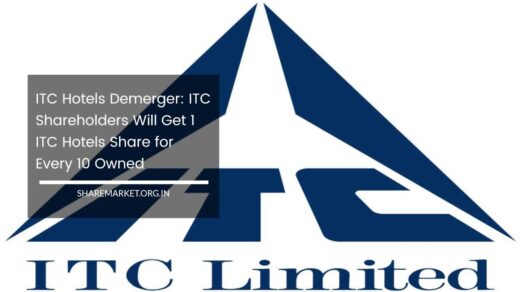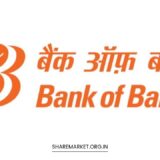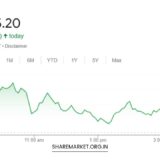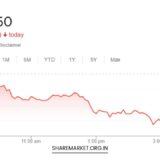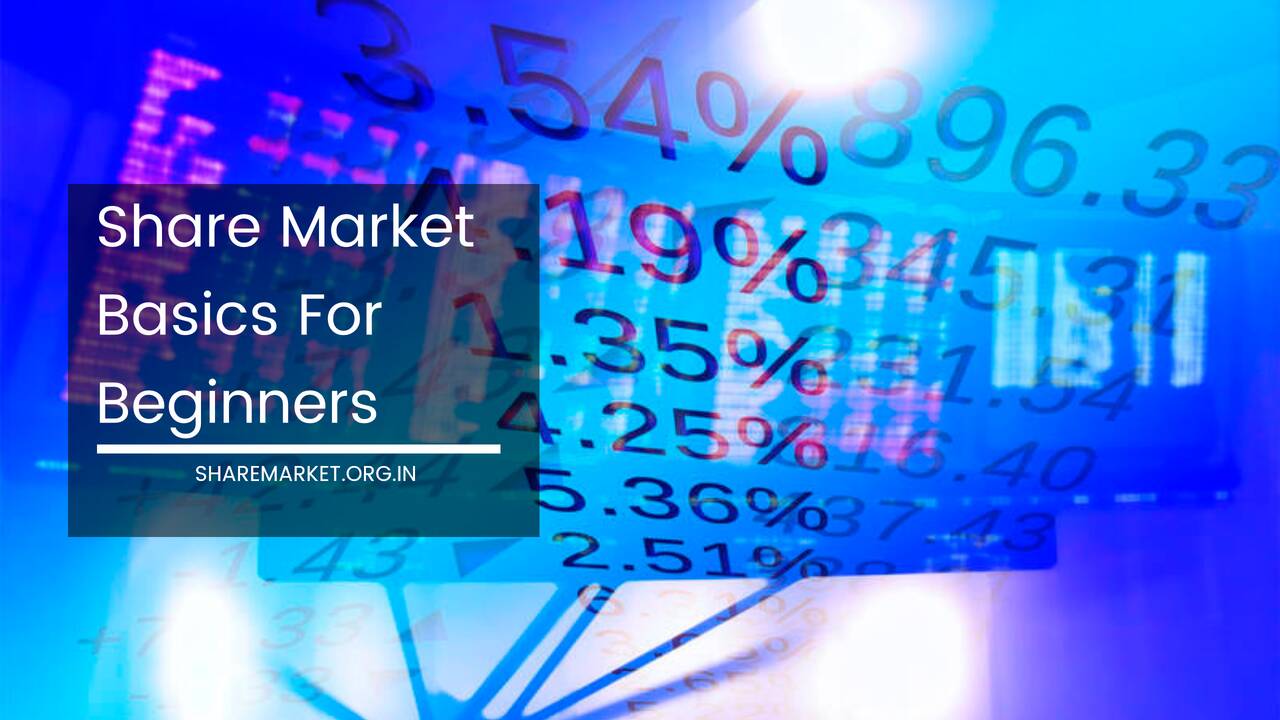TCS Share Buy Back: TCS Announces 15% Premium Share Buyback
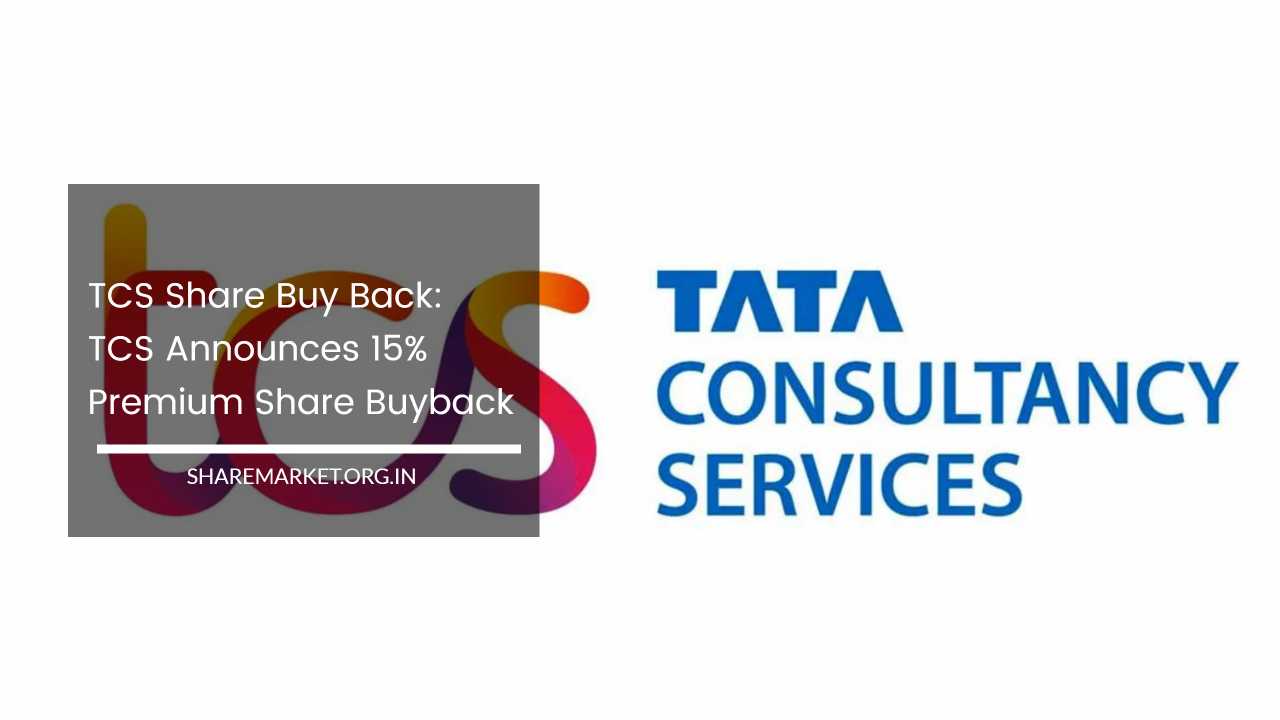
TCS Share Buy Back
Tata Consultancy Services (TCS) has made a significant announcement regarding a share buyback program, coinciding with the release of their financial results for the September quarter.
This initiative has caught the attention of investors as it promises to provide them with an opportunity to profit, with the company planning to repurchase shares at a remarkable 15 percent premium.
The total value of shares to be bought back is estimated at around Rs 17,000 crore. TCS officially declared this decision on October 11, setting the buyback price at Rs 4,150 per share.
This buyback operation involves the company purchasing its own shares from existing shareholders, offering them the option to sell either all or a portion of their shares back to the company.
In today’s stock market, it’s vital to track such developments as they can have a significant impact on the financial performance of the company and the returns for shareholders.
Prior to the announcement of this buyback and the release of the quarterly earnings report, TCS’s stock experienced a slight dip of 0.44 percent, closing at Rs 3,613.
Here are some important details related to the buyback:
1. Number of Shares: TCS is planning to buy a total of 4,09,63,855 shares as part of this buyback program. This represents approximately 1.12 percent of the company’s total equity.
This buyback size is substantial and reflects TCS’s commitment to returning value to its shareholders.
2. Cost Exclusions: It’s worth noting that the buyback size does not include transaction costs, applicable taxes, and other related expenses.
While the premium offered to shareholders is attractive, it’s essential to consider these additional costs when assessing the financial implications of participating in the buyback.
3. Historical Perspective: TCS’s history of share buybacks is worth noting. This marks the fifth share buyback endeavor by India’s largest IT services provider in the past six years.
Over this period, the company has successfully repurchased shares amounting to Rs 66,000 crore in total. The frequency and size of these buybacks underscore TCS’s financial stability and willingness to reward its shareholders.
4. Shareholder Approval: TCS has made it clear that the buyback will necessitate shareholder approval through a special resolution, to be carried out via a postal ballot.
This process ensures that shareholders have a say in this significant financial decision, promoting transparency and accountability in the company’s actions.
TCS’s history of share buybacks provides insight into its approach to managing its capital structure and rewarding its shareholders. Let’s take a closer look at the previous buybacks:
First Buyback (February 2017): TCS initiated its first share buyback in February 2017. During this buyback, the company repurchased shares worth Rs 16,000 crore at an 18 percent premium over the prevailing market price. This inaugural buyback set the stage for subsequent repurchase initiatives.
Subsequent Buybacks (June 2018 and October 2020):
Following the success of the first buyback, TCS continued to reward its shareholders with two more buybacks.
These buybacks, conducted in June 2018 and October 2020, were both of substantial size, reaching Rs 16,000 crore each.
Shareholders were offered premiums of 18 and 10 percent, respectively, on their shares. These buybacks were well-received and demonstrated the company’s commitment to value creation.
Most Recent Buyback (January 2022):
In the most recent buyback, which took place in January 2022, TCS once again purchased shares from shareholders, this time worth Rs 18,000 crore.
The premium offered to shareholders in this buyback was 17 percent. This buyback was a testament to TCS’s ongoing dedication to delivering value to its investors.
Now, with the announcement of the 2023 buyback at a price of Rs 4,150 per share, shareholders have yet another opportunity to participate in a share repurchase program initiated by TCS.
Notably, this buyback price is slightly lower than the previous buyback price of Rs 4,500, indicating TCS’s keen attention to market conditions and its commitment to delivering value efficiently.
TCS’s decision to engage in multiple share buybacks over the years reflects the company’s financial strength, its ability to generate substantial cash reserves, and its commitment to sharing these rewards with its shareholders.
Share buybacks are a strategic approach for companies to utilize excess cash while signaling confidence in their financial health and growth prospects.
The buyback price, set at a 15 percent premium, is particularly attractive for shareholders. This premium not only offers an immediate gain to those who choose to participate in the buyback but also signals the company’s belief in its own intrinsic value.
The premium is a reflection of the confidence that TCS places in its ability to generate future profits and maintain a strong financial position.
For investors, participating in a share buyback can be an appealing option. It allows them to sell their shares at a price higher than the prevailing market price, thereby realizing an immediate return on their investment.
Share buybacks also tend to enhance the earnings per share (EPS) for existing shareholders, as the company’s total number of outstanding shares is reduced.
This often leads to an increase in the market value of the remaining shares, which can benefit investors in the long term.
While the premium offered in the buyback is undoubtedly enticing, shareholders should also consider the associated costs and tax implications.
The buyback price, which includes the premium, is Rs 4,150 per share. This represents a price at which the company is willing to repurchase shares from its investors.
However, it’s important to note that this price doesn’t account for potential transaction costs, taxes, and other related expenses that may be incurred by the shareholder during the buyback process.
The tax treatment of gains from a share buyback can vary depending on the tax laws in the shareholder’s jurisdiction.
It’s advisable for shareholders to consult with tax professionals or financial advisors to fully understand the tax implications of participating in the buyback.
This will help them make informed decisions about the buyback based on their individual financial circumstances.
TCS’s commitment to creating value for its shareholders is evident through its history of share buybacks and its willingness to offer attractive premiums.
Share buybacks have become a popular method for companies to return value to their shareholders in recent years, as they provide a flexible and tax-efficient means of distributing excess cash.
This financial strategy not only benefits shareholders but also helps companies manage their capital structure and optimize their balance sheets.
Moreover, the frequency and scale of TCS’s share buybacks demonstrate the company’s confidence in its financial stability and long-term growth prospects.
TCS, as one of the leading IT services companies in India and globally, has consistently performed well, and this confidence is reflected in its financial decisions, including share buybacks.
The practice of conducting share buybacks has become more prevalent in the corporate world, and TCS has embraced this strategy as a means to reward shareholders.
By reducing the number of outstanding shares, companies can effectively allocate excess capital, enhance the value of remaining shares, and send a positive signal to the market.
TCS’s commitment to shareholder value is not limited to share buybacks. The company has a long-standing track record of paying dividends and offering competitive returns to its investors.
TCS’s history of dividends and buybacks demonstrates its dedication to delivering returns to shareholders in various forms.
While share buybacks can present an attractive opportunity for shareholders, they are just one aspect of a comprehensive financial strategy. TCS’s performance in the broader context of the IT industry and global economic conditions is crucial for investors to consider.
As a technology services company, TCS’s financial performance is closely tied to the state of the global economy and the demand for IT services.
This means that investors should monitor not only TCS’s financial initiatives but also broader economic trends that can impact the company’s growth and profitability.
As with any investment decision, it’s important for shareholders to conduct their own research and consider their individual financial goals and risk tolerance.
While the share buyback offers a premium and potential for profit, there are also associated costs and tax considerations that must be factored into the decision-making process.
TCS’s commitment to conducting share buybacks reflects a broader trend in the corporate world. Companies in various industries are increasingly turning to share buybacks as a means to manage their capital efficiently and reward shareholders.
Share buybacks provide a flexible mechanism for returning value to investors while optimizing a company’s balance sheet.
This strategy allows companies to use excess cash to repurchase their own shares at a premium, offering an attractive option for shareholders.
Shareholders participating in the TCS buyback will have the opportunity to sell their shares back to the company at a price significantly above the prevailing market price.
This provides an immediate opportunity for profit. Additionally, share buybacks often lead to an increase in earnings per share (EPS) for remaining shareholders, which can positively impact the market value of their holdings in the long run.
However, while the premium offered in the buyback is undoubtedly enticing, it’s important for shareholders to consider the associated costs and tax implications.
The buyback price, set at Rs 4,150 per share, includes the premium. However, shareholders should be aware that this price may not account for potential transaction costs, taxes, and other related expenses that could be incurred during the buyback process.
The tax treatment of gains from a share buyback can vary depending on the tax laws in the shareholder’s jurisdiction. It’s advisable for shareholders to consult with tax professionals or financial advisors to fully understand the tax implications of participating in the buyback.
This will help them make informed decisions about the buyback based on their individual financial circumstances.
Share buybacks are a strategic move that companies employ to manage their capital structure efficiently.
By repurchasing their own shares, they reduce the number of outstanding shares in the market, which often leads to an increase in the market value of the remaining shares. This can be beneficial for long-term investors.
TCS’s history of conducting share buybacks underscores its commitment to delivering value to its shareholders. Over the years, the company has consistently rewarded its investors through buybacks, dividends, and competitive returns.
This financial strategy is a testament to TCS’s belief in its own financial stability and long-term growth prospects.
In addition to its commitment to shareholder value, TCS’s performance in the broader context of the IT industry and global economic conditions is a critical factor for investors to consider.
The technology services sector is highly influenced by global economic trends and the demand for IT services.
Therefore, investors should not only monitor TCS’s financial initiatives but also stay informed about broader economic developments that can impact the company’s performance and profitability.
Ultimately, the decision to participate in the TCS share buyback should be based on individual financial goals and risk tolerance.
While the buyback presents an opportunity for profit and immediate gain, it’s essential to assess the costs, tax implications, and market conditions carefully.
As TCS embarks on its fifth share buyback in the last six years, the company continues to set a precedent in terms of rewarding its shareholders.
The decision to offer a 15 percent premium on the buyback price is a strong indicator of TCS’s financial strength, its faith in its growth prospects, and its dedication to creating value for its investors.
Share buybacks have become increasingly popular as a means for companies to return value to their shareholders. By repurchasing their own shares, companies can efficiently deploy excess capital, improve financial metrics, and signal confidence in their own future prospects.
In the case of TCS, these buybacks have been well-received and have contributed to enhancing shareholder value over time.
This particular buyback is significant not only for its premium but also for the size of the offering. With plans to repurchase shares worth about Rs 17,000 crore, TCS is demonstrating its financial prowess and the ability to generate substantial cash reserves.
Such financial stability is a testament to the company’s robust business model and its ability to navigate the dynamic IT industry successfully.
The premium offered in the buyback is a key attraction for shareholders. It represents an opportunity to realize an immediate return on their investment.
Shareholders have the option to sell their shares to the company at a price higher than the prevailing market rate, which is particularly appealing in today’s competitive investment landscape.
As shareholders consider their participation in the buyback, it’s crucial to be aware of potential costs and tax implications.
The buyback price of Rs 4,150 per share, which includes the premium, is the price at which the company is willing to repurchase shares from investors. However, this figure may not encompass additional costs such as transaction fees, taxes, and other related expenses.
The tax treatment of gains from a share buyback can vary depending on the tax laws in the shareholder’s jurisdiction.
It’s advisable for shareholders to consult with tax professionals or financial advisors to gain a comprehensive understanding of the tax implications of participating in the buyback.
TCS’s commitment to conducting share buybacks is part of a broader strategy to optimize its capital structure and create value for shareholders.
By reducing the number of outstanding shares in the market, TCS can allocate capital efficiently and enhance the value of remaining shares. This often results in improved earnings per share (EPS), which can benefit investors in the long term.
While the buyback is an attractive opportunity, it’s crucial for shareholders to also monitor the company’s overall performance in the context of the global IT industry and economic conditions.
TCS’s success is closely tied to its ability to adapt to evolving market dynamics and meet the demand for IT services.
Investors should consider the broader economic landscape when making investment decisions. Market conditions, global economic trends, and technological advancements all have the potential to influence TCS’s performance and profitability.
In summary, the TCS share buyback is an opportunity for shareholders to profit from a 15 percent premium on the buyback price.
This premium not only provides an immediate gain for participants but also signals TCS’s confidence in its financial strength and future prospects.
As with any investment decision, shareholders should carefully assess their individual financial goals and risk tolerance. While the buyback offers an attractive premium, it’s essential to account for potential costs and tax implications.
By considering these factors and staying informed about the broader economic context, investors can make well-informed decisions regarding their participation in the buyback.
TCS’s history of share buybacks and its dedication to rewarding shareholders through various means, including dividends, underscores its commitment to creating value for investors.
Share buybacks have become a prominent financial strategy for companies seeking to efficiently manage their capital while providing value to their shareholders.
With this latest share buyback announcement, TCS reaffirms its position as a leading IT services provider in India and globally.
This move is not only a financial decision but also a statement of confidence in the company’s ability to thrive in a dynamic and competitive industry.
For investors, it’s an opportunity to participate in a program that offers a premium, profit potential, and a clear signal of TCS’s continued commitment to delivering value.
As with any investment opportunity, investors should carefully consider their individual circumstances, objectives, and risk tolerance before participating in the buyback.
This includes assessing the associated costs and potential tax implications. Additionally, investors should remain informed about TCS’s overall performance and the broader economic conditions that can impact the company’s success in the IT industry.
TCS’s decision to offer a 15 percent premium on the buyback price is a clear indicator of its confidence in its own financial strength and growth prospects.
This move underscores the importance of share buybacks as a means for companies to efficiently allocate capital and reward their shareholders.
The premium presented in this buyback offers shareholders an immediate opportunity for profit, making it an attractive proposition for those looking to realize returns on their investments.
Furthermore, share buybacks typically enhance the earnings per share (EPS) for existing shareholders, which can contribute to long-term value creation.
It’s essential for shareholders to keep in mind that the buyback price of Rs 4,150 per share, which includes the premium, may not encompass additional costs associated with the buyback process.
Transaction fees, taxes, and other related expenses should be considered when evaluating the financial implications of participating in the buyback.
The tax treatment of gains from a share buyback can vary by jurisdiction and individual circumstances. Therefore, it’s advisable for shareholders to seek guidance from tax professionals or financial advisors to fully understand the tax implications of participating in the buyback.
This will enable them to make informed decisions aligned with their unique financial situations.
TCS’s commitment to conducting share buybacks is a reflection of its broader financial strategy. This strategy aims to optimize the company’s capital structure while providing value to its shareholders.
By reducing the number of outstanding shares in the market, TCS can efficiently allocate excess capital and improve its financial metrics. This is a common approach employed by companies to enhance shareholder value.
While the share buyback is an appealing opportunity for investors, it’s essential to consider the company’s performance within the context of the global IT industry and economic conditions.
TCS’s fortunes are closely linked to the demand for IT services and global economic trends. As a result, investors should stay informed about these factors when making their investment decisions.
In conclusion, the TCS share buyback represents an opportunity for shareholders to benefit from a 15 percent premium on the buyback price, reaffirming TCS’s commitment to creating value for its investors.
Share buybacks are a strategic financial move that allows companies to efficiently manage their capital structure and reward their shareholders.
While this opportunity is enticing, shareholders should carefully assess their financial goals, risk tolerance, and associated costs and tax implications.
Staying informed about TCS’s performance in the broader economic context is also crucial for making well-informed investment decisions.

